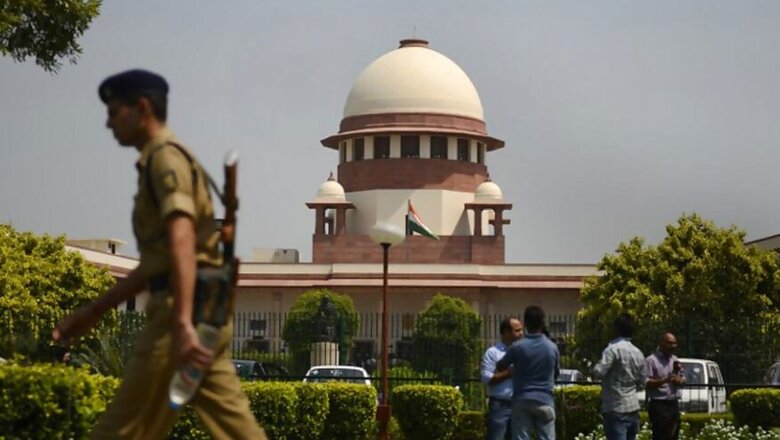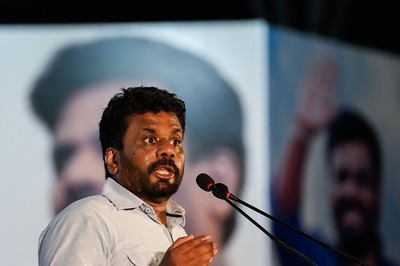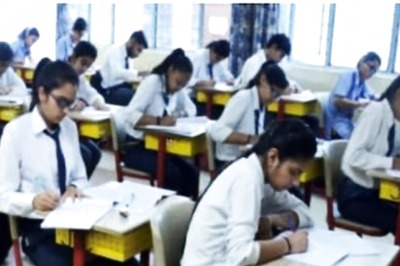
views
New Delhi: After hearing the appeals of the four accused in the December, 2012, gang rape case of Nirbhaya for over a year, the Supreme Court today reserved its verdict as counsels and Amicus Curiae were allowed to submit their representations on the possible sentence.
There were six accused in the case. The primary accused in the case, Ram Singh had committed suicide inside the jail and one of the accused was tried as a juvenile by the Juvenile Justice Board and was sentenced to 3 years at a special home, whereas the remaining four were awarded death penalty by the fast track court. In March, 2014, the Delhi high Court had also upheld the death sentence. As a last resort, the four accused had appealed to the apex court which had stayed the execution on March 15, 2014.
Today as the matter was being heard by Justices Dipak Misra, R Banumathi and Ashok Bhushan; the counsels were allowed to submit their representations on the aspect of sentencing and accused were heard to present before the court the presence of mitigating factors, if any. (Courts are often left balancing aggravating and mitigating factors while deciding whether to award death sentence or not.)
Special Public Prosecutor and Senior Advocate Sidharth Luthra stated before the court that there were no mitigating circumstances present in this case. Referring to the diabolical nature of the crime, Luthra said, “What could be more harmful for the society, what more could be needed to satisfy the rarest of rarest test?”
This case also had submissions from two Amicus Curiaes, Raju Ramachandran and Sanjay Hegde. Today Sanjay Hegde urged the court to consider any probable decision of awarding death sentence as “there was no common intention to rape and kill and thus this aspect needed to be seen while deciding sentencing,” and also stated that the question of sentencing shall NOT be based on “satisfying the collective conscience.”
Amicus Curiae Hegde also submitted that there was no conclusive evidence that all the accused had participated equally in the crime, and the “punishment given should not be disproportionate to the crime committed," and that the sentencing must not seek to satiate the desire of the majority.
To this SC said that there was definitely a common intention to rape but maybe “the common intention for murder was missing.”
The matter has now been listed to April 3, and with the apex court expected to deliver a verdict soon, curtains are set to be drawn on one of the most heinous cases India has witnessed with regard to violence against women.




















Comments
0 comment